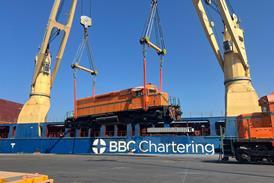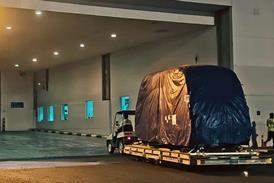The Hong Kong International Convention for the Safe and Environmentally Sound Recycling of Ships came into force on June 26, establishing mandatory regulations to govern the way ships are recycled. BIMCO expects recycling activity to surge over the coming decade as a result.
The International Maritime Organization (IMO) said the regulation marks a watershed moment for the industry and is the manifestation of years of hard work.
Most ships are recycled when they are taken out of operation, with almost all materials and equipment from the ship being re-used or recycled. The Hong Kong Convention addresses key environmental, occupational health and safety risks involved in the recycling of ships, while distributing responsibilities and obligations across relevant stakeholders: shipowners, ship building yards, ship recycling facilities, flag states, port states and recycling states.
IMO said that, among other measures, the convention prohibits or restricts the installation or use of hazardous materials on ships (such as asbestos, polychlorinated biphenyls, ozone-depleting substances, and anti-fouling compounds and systems containing organotin compounds or cybutryne); requires detailed inventories of hazardous materials; outlines requirements for ship recycling facility operations, including working conditions at ship recycling yards; and sets out robust mechanisms for certification, compliance and enforcement.
The regulation could catalyse a wave of ship recycling, according to BIMCO. The association has updated its estimate for the number of ships that could be recycled over the next 10 years. “We now estimate the potential to be 16,000 ships, or 700 million dwt, from previously 15,000. The new estimate equals twice the number of ships, and nearly triple the dwt, recycled over the last 10 years and highlights the need for investments in compliant recycling facilities.”
Towards the end of last year, the IMO published provisional advice on the implementation of the Hong Kong Convention (HKC) and Basel Convention for cross-border movement of ships for recycling.
















